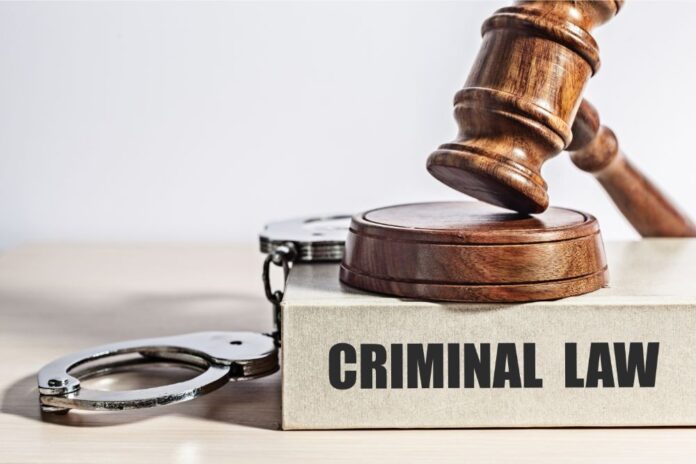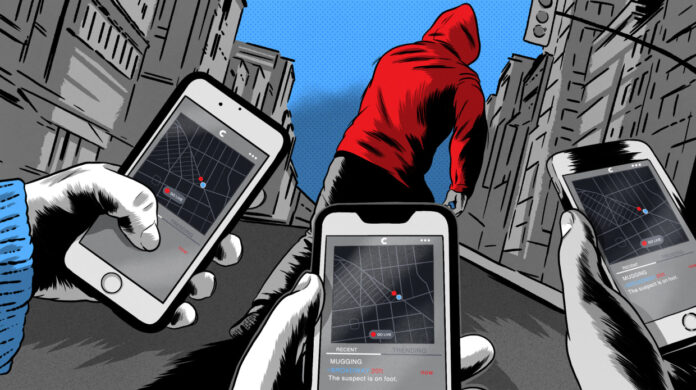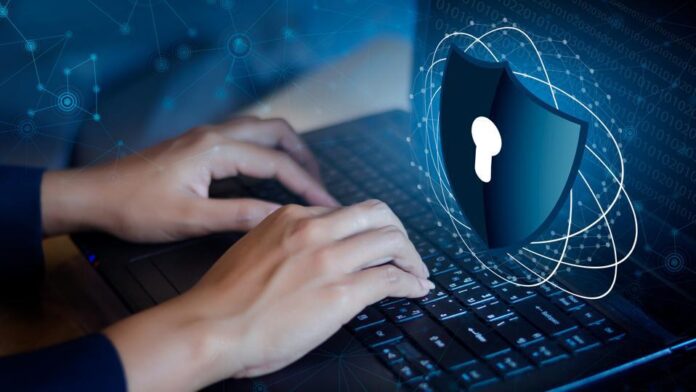In a world driven by digital connectivity, law enforcement agencies have adapted and evolved to harness the dynamic force of social media in their relentless pursuit of justice. The era of traditional crime-solving methods has given way to an innovative landscape where virtual clues and digital trails play pivotal roles in cracking the most intricate cases.
Recognizing the shifting landscape of crime-solving in the digital age, a Long Island Criminal Lawyer emphasized the significance of safeguarding online privacy, individual rights, and protecting and restoring digital reputation, especially in a digital-driven world.
In today’s digital world, being caught through social media shouldn’t mean sacrificing your legal rights. Instead, individuals must ensure their rights are protected and a fair legal process is followed.

Are you curious about how law enforcement utilizes the vast reaches of social media to combat crime and ensure public safety? Look no further.
This article embarks on a captivating exploration into the fascinating world of how law enforcement agencies are leveraging the power of social media as invaluable tools in their crime-solving arsenal.
The digital age has bestowed upon them a treasure trove of information, transforming social platforms into veritable crime-solving allies. From gathering digital evidence to tracking down suspects, monitoring criminal activities, investigating online threats, and collaborating with the community, the applications are as diverse as they are effective.
As we delve deeper into this digital realm, we invite you to join us in understanding how law enforcement is adapting to these changing times, ensuring that they stay one step ahead of the criminal elements that seek to disrupt the peace and security of our society.
Gathering Digital Evidence

Law enforcement relies on social media platforms for gathering digital evidence, providing them with a vast pool of information to delve into and uncover crucial clues.
By utilizing various investigative techniques, officers can access public posts, photos, videos, and even private messages that shed light on criminal activities.
Social media platforms allow for real-time monitoring, enabling law enforcement to stay up-to-date with potential threats and criminal behavior.
Through the analysis of online interactions and posts, investigators can establish connections, identify suspects, and gather evidence that can be used in court. In essence, social media acts as a virtual witness, providing law enforcement with valuable information that may otherwise go unnoticed.
Through this digital prism, law enforcement fortifies its crime-solving prowess, ensuring wrongdoers are held accountable.
Tracking Down Suspects

Social media’s prowess accelerates the identification and tracking of potential suspects, expediting the process of tracking down individuals involved in criminal activities.
With the vast amount of information shared on social media, law enforcement agencies can gather valuable intelligence about a suspect’s whereabouts, affiliations, and activities.
Through advanced search tools and algorithms, investigators can analyze posts, photos, and connections to build a comprehensive picture of the suspect’s online presence. This digital footprint can then be cross-referenced with other sources of information to track down the suspect’s physical location.
Real-time monitoring in social media platforms provides continuous insight into the suspect’s online activities, illuminating their intentions and future moves.
Overall, the use of social media in tracking down suspects has revolutionized the investigative process, enabling law enforcement to act swiftly and effectively in apprehending criminals.
Monitoring Criminal Activity
With the abundance of online information, you can easily keep tabs on criminal activity by monitoring social media platforms.
Law enforcement agencies are increasingly using social media as a tool to gather intelligence and prevent crimes. By monitoring social media, investigators can identify potential threats, track criminal organizations, and gather evidence.
This allows law enforcement to stay one step ahead and proactively respond to criminal activity.
This proactive approach helps identify patterns and trends, enabling law enforcement to allocate resources more effectively.
Balancing these advancements, law enforcement must navigate the fine line between privacy concerns and civil liberties when employing social media as an investigative tool.
Investigating Online Threats

Stay vigilant online and be cautious of any potential threats that may arise. Law enforcement agencies are actively investigating online threats to ensure public safety.
Social media platforms have become breeding grounds for individuals who use them to make threats or plan criminal activities.
By monitoring these platforms, law enforcement can identify and track potential suspects. Investigators use various techniques, such as data mining and IP tracking, to gather evidence and build a case against these individuals. They also collaborate with social media companies to obtain necessary information and take down harmful content.
Online threats span a wide spectrum, from cyberbullying to terrorism. It is paramount for law enforcement to stay a step ahead.
The information shared on social media can provide valuable insights into the mindset and intentions of individuals, enabling law enforcement to prevent potential crimes before they happen.
Collaborating with the Community

Law enforcement agencies recognize the power of collaboration and actively engage with the public on social media platforms.
By fostering open communication channels, law enforcement officers can gather valuable information from community members and gain insights into potential crimes. Social media allows for real-time reporting of suspicious activities, enabling law enforcement to respond promptly and prevent potential threats.
Community collaboration through social media also helps law enforcement identify key witnesses or suspects by sharing information and gathering tips. This partnership between law enforcement and the community not only enhances crime-solving capabilities but also promotes trust and transparency.
With the help of social media, law enforcement can harness the collective power of the community to create a safer society.
In this era of digital transformation, law enforcement has harnessed the incredible power of social media to protect and serve.
From gathering digital evidence that unravels the mysteries of crime to swiftly tracking down suspects, monitoring criminal activity, and investigating online threats, the application of social media is revolutionizing the way our communities stay safe.
The collaborative bond between law enforcement and the community, forged on these platforms, transcends mere interaction; it’s a powerful force for maintaining public security. Together, they construct a safer world in the digital realm.
As you navigate the vast expanse of social media, remember that its utility extends far beyond personal connections and cat videos. It serves as a vital tool in the hands of those who dedicate their lives to maintaining law and order.
Stay vigilant, stay informed, and remember that, in the digital age, we all play a part in the pursuit of justice.
